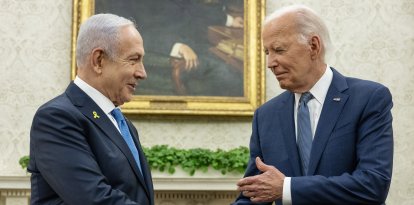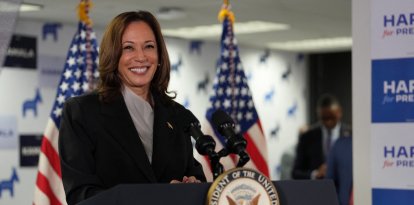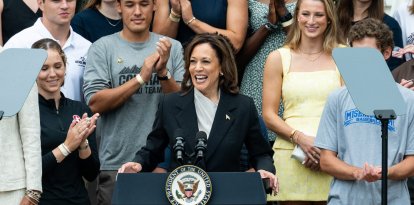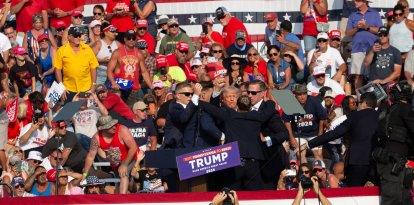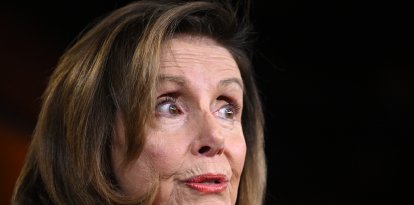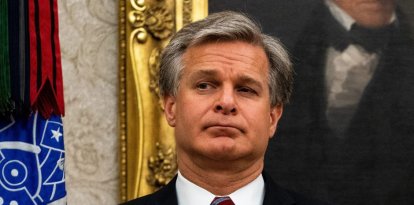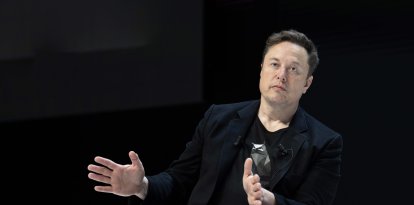Elon Musk breaks the silence on TikTok and criticizes legislation that could ban the application: "It would be contrary to freedom of expression"
Although recognizing that X could benefit from the eventual approval of the law, the magnate spoke out forcefully against it.
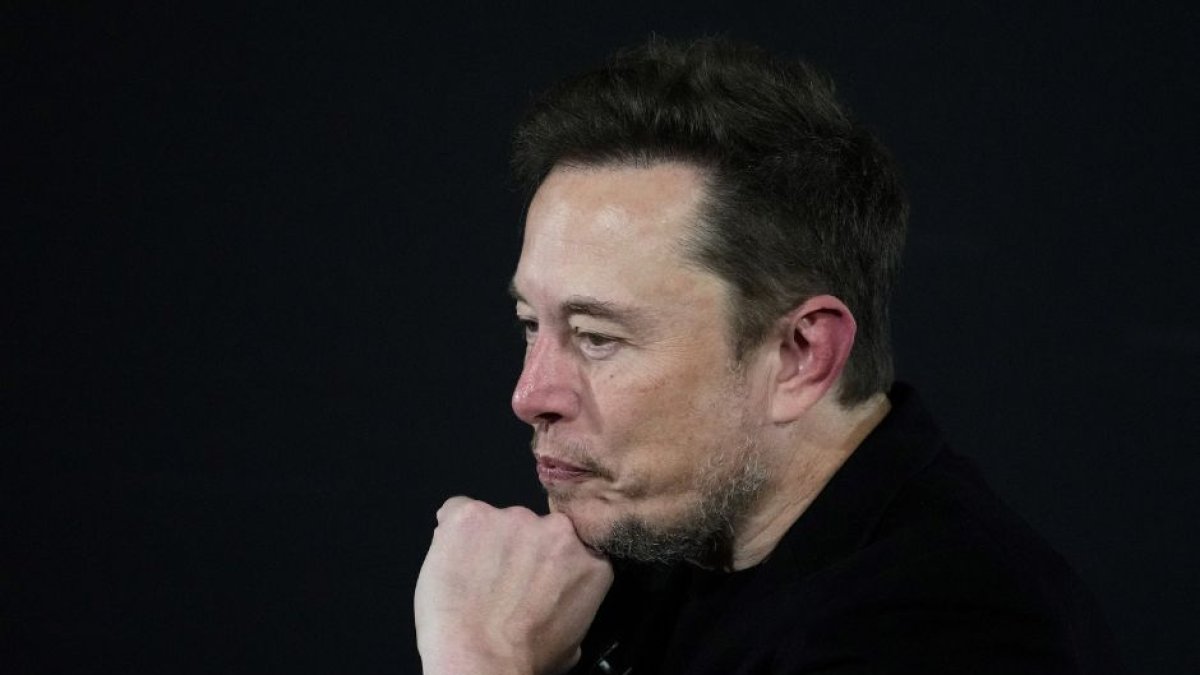
Cordon Press
Elon Musk criticized legislation that could potentially lead to a ban on TikTok in the United States. The bill, already approved by the House of Representatives, raised controversy at the national level and the owner of X was not left out of the discussion, stating his total opposition to the text promoted by the congressmen , members of the Select Committee on the Chinese Communist Party in the Lower House.
Tesla's founder decided to express himself about it on Friday afternoon through a post on his social network.
"In my opinion, TikTok should not be banned in the USA, even though such a ban may benefit the X platform. Doing so would be contrary to freedom of speech and expression. It is not what America stands for," Musk wrote.
Since its arrival in Congress in March, the legislation has not stopped raising controversies in DC. While supporters of the bill point out the need to approve it by explaining the seriousness of the threat that TikTok represents to national security, its detractors allege that it directly violates the First Amendment and could open Pandora's box to target other social networks.
What does the bill do that could potentially ban TikTok?
Dubbed the 'Protecting Americans from Apps Controlled by Foreign Adversaries Act, it already has the half-sanction of the House of Representatives and is still awaiting a vote in the Senate, although President Joe Biden mentioned that he would sign it if it reaches his desk.
Specifically, the legislation would require TikTok's parent company, Beijing-based ByteDance, to sell TikTok within six months to maintain access to U.S. web hosting services and app stores. Therefore, to remain available, TikTok would have to sever ties with ByteDance, an entity "subject to the control of a foreign adversary," as defined by Congress in Title 10.
In turn, it would create a procedure for the president to flag specific applications under the control of a foreign adversary, again in accordance with Title 10, and that pose a risk to national security. Precisely, these applications would face the aforementioned prohibition of availability.
The text was approved by an overwhelming majority in the House of Representatives, with 352 votes in favor and 65 against. Although his fate is still uncertain in the Senate, Joe Biden already has his pen ready.
What does the Senate say?
In the Senate, the drivers of the bipartisan legislation are Marco Rubio (R-FL) and Mark Warner (D-VA), who happen to be the ranking members of the Senate Intelligence Committee.
"We are united in our concern about the national security threat posed by TikTok — a platform with enormous power to influence and divide Americans whose parent company ByteDance remains legally required to do the bidding of the Chinese Communist Party," they said in a joint statement following the vote in House.
"We were encouraged by today's strong bipartisan vote in the House of Representatives, and look forward to working together to get this bill passed through the Senate and signed into law," they added.
The bipartisan cause united two political extremes in the Senate, including Josh Hawley (R-MO) and John Fetterman (D-PA). The former proposed moving forward with the vote as quickly as possible, emphasizing the seriousness of the threat.
"NOW is the time to act on TikTok and stop China spying. The Senate should take up this bill immediately," he wrote on his X account, formerly known as Twitter.
On the same social media platform, Fetterman endorsed the text and explained that its spirit does not attack social media but a particular threat.
"Let me be very clear: this legislation to restrict TikTok does NOT ban the app. It separates ties to the Chinese Communist Party and prevents them from accessing the data of Americans—especially our kids. Leader Schumer should put this bill on the floor soon. China bends American companies to its will all the time. It's long overdue to push back and this bill does exactly that. I will vote yes," he said.
Opposition to the bill is also partly bipartisan. For example, Republican Rand Paul (R-KY) has already announced that he will vote against it because he believes it is a "draconian measure that stifles free expression, tramples constitutional rights, and disrupts the economic pursuits of millions of Americans."
Another who has already defined his vote is Ed Markey (D-MA). The Massachusetts progressive said one must examine national apps before looking at foreign ones. "From Meta to Amazon to Discord, US-owned companies are preying on children & teens for profit. We don't need to ban TikTok to fix their invasive practices. Passing my COPPA 2.0 is the answer. We must act now," he wrote on his X account.
Senate leadership opted for extreme caution. Chuck Schumer (D-NY), the Democratic majority leader, said he would "review" the text when it arrives, although he did not commit to moving forward with a vote in the coming weeks.













